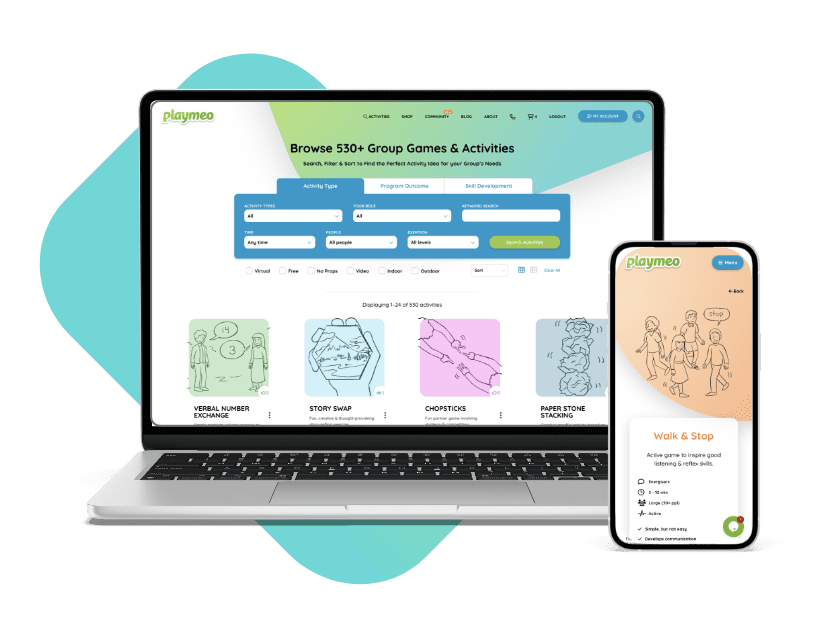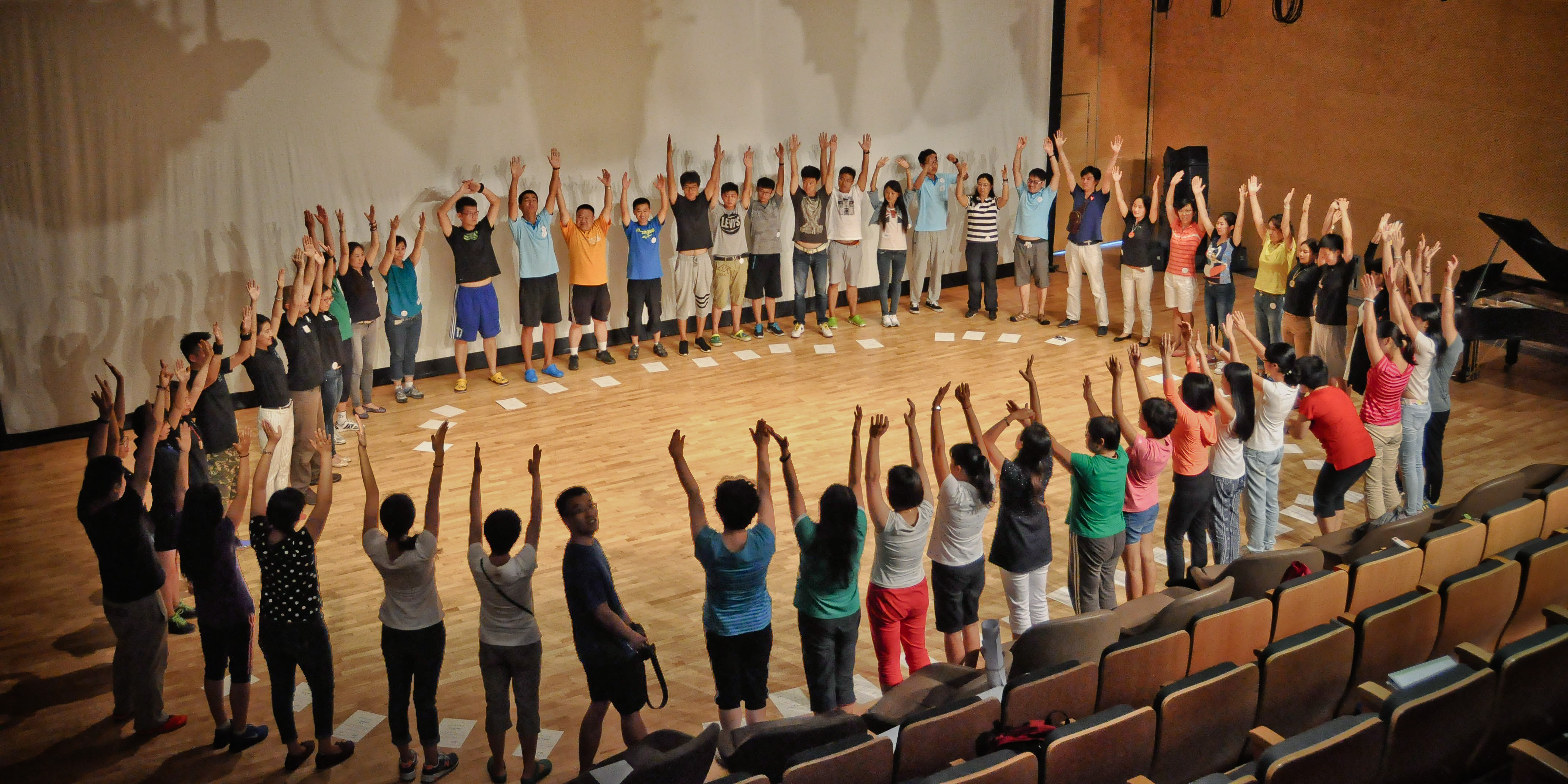A school teacher, impacted by the current COVID-19 emergency, asks:
How can I address ways to build community in asynchronous environments?
First, Amy, thanks for your question. This is such a common enquiry right now, expressed by many people (especially teachers and corporate trainers) in response to the current COVID-19 emergency.
Second, let’s explore what the word asynchronous means. I admit, until a few minutes ago, I was a little dazzled by that word too.
For the benefit of everyone reading this, and in the context of online gatherings, it means that communication within the group is NOT in real-time. Unlike regular classroom settings, an asynchronous environment does not allow your students to see or hear what everyone else is doing at the very moment they are doing it. It’s a bit like watching a recorded video – you can stop it at any time, and you know that what you are watching is not happening in real-time.
Okay, with that out of the way, let’s attend to your question.
Illustration:
Building Community in an Asynchronous Setting
You are right, inviting our students (or anybody) to interact online is a challenge. Yet, no matter where people are located, continuing to build connections is just as critical as ever, if not, even more so these days with social distancing becoming the norm.
My primary message in response to your question is to be intentional. No matter the medium or method of delivery, if there is no intention to build connections, then it just won’t happen, especially if people can not see or be with each other in a “live” environment.
For example, if it is not possible to get all of your students on a video call at the same time (eg, synchronous setting,) then asking each student individually to post their “work” (whatever that means) to a central location is a great idea, especially when you invite all the students to circle back (at a later time) to see each other’s work.
To illustrate, you could ask your students to record a very short video of them responding to a question or task you have posted, upload it to a central location (web page?) and then invite everybody to visit the site at a later time. This ‘circling back’ or loop is entirely intentional, and a great way to continue to keep your students connected when they can not share the same physical space.
No, these types of interactions are not the same as immersing your students in a live or real-time event. And yes, this will take more time and energy. But, there are benefits, such as allowing some of your students more time to consider their responses before posting, not to mention, enabling all of your students to express themselves via technology (which is so much more powerful than texting or using emojis.)
Activity Ideas for Asynchronous Settings
If you’re looking for activity ideas which you can embed into your synchronous (or asynchronous) settings, here are two useful resources:
- Read an article we posted a few weeks ago which shares a bunch of activities you can invite 1, 2 or 3 people to perform;
- Here are two articles which focus on teacher team building activities and online team building games; and
- Browse playmeo’s entire online activity database and filter all 400+ activities and use the NEW Virtual filter to find those which can be easily adapted for online settings.
Limited Time Offer
If I’ve piqued your interest and would like to see more, I urge you to use this coupon code – COVID19 – to SAVE 50% when you sign up to one of our annual subscription plans to unlock all 400+ activities today. Click here to get started.
Hurry, offer expires 31 May 2020.

No Props? No Problem!
Get 150+ no-prop games & activities + exclusive 30-day free trial of playmeo. Scan QR codes to view activity videos, leadership tips, etc.

EMOJI Feeling Cards
50+ cards that portray a range of emotions from happy, sad, angry & confused. Ideal for building emotional literacy skills.

Wow, you’ve been busy!
You can open 1 more
activity for free.
Limit resets every 24 hours
or click below to get unlimited access.











Original post April 2020, last updated November 2023.